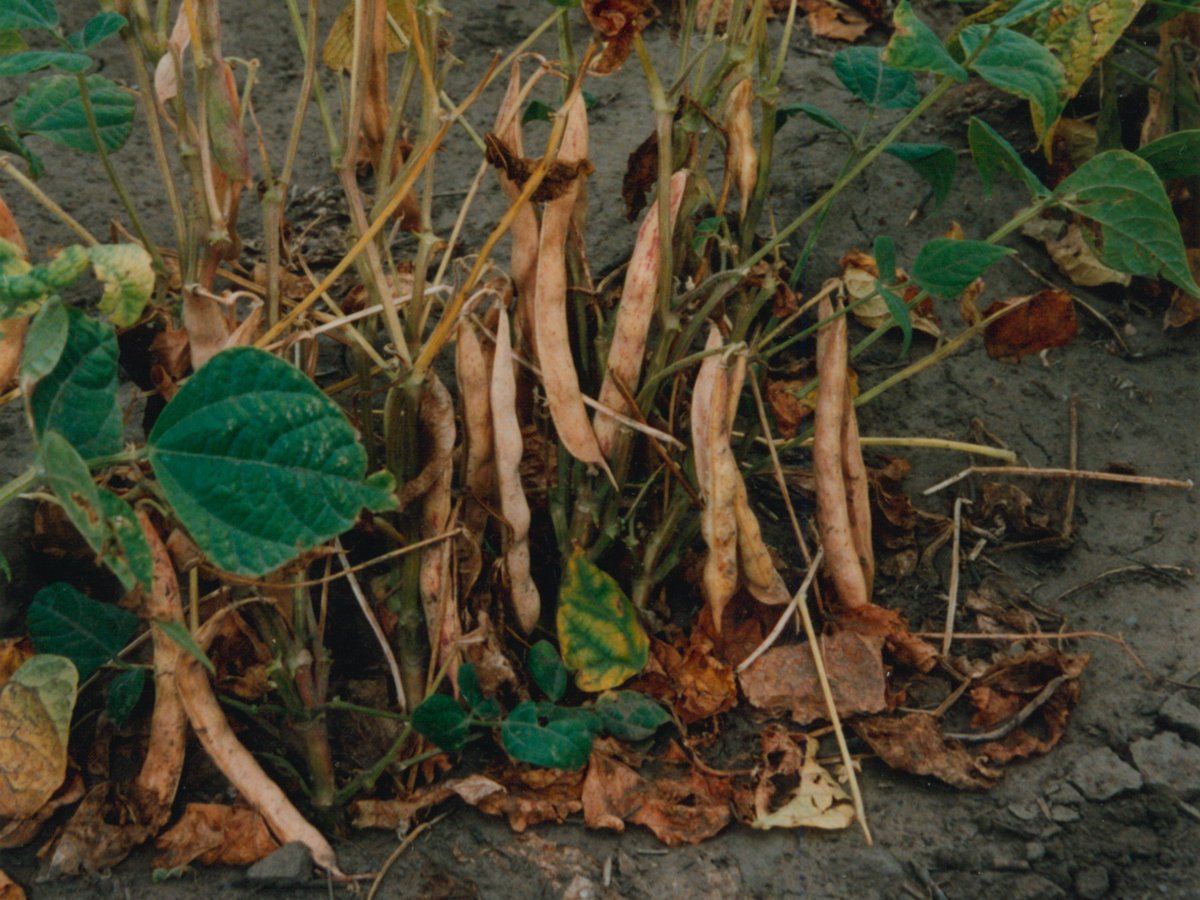Although many traits are waiting for approval, the European Union hasn’t issued an authorization since 2013
PHOENIX, Ariz. — Approval of genetically modified crops has come to a “complete stop” in the European Union, according to 13 U.S. farm groups.
The associations recently sent a letter to European health and food safety commissioner Vytenis Andriukaitis urging that draft authorizations for 13 GM traits be considered for food and feed import without further delay by the EU’s College of Commissioners.
Wade Cowan, president of the American Soybean Association, is incensed that the last import authorization issued by the European Commission was in November 2013.
Read Also

Dry bean seeded acreage in Manitoba hits 20-year high
Dry bean acreage across all types reached around 207,000 acres in 2025, representing a significant increase from last year’s 182,000 acres.
“Sometimes the Texan pops out of me,” he said during an interview at the 2015 Commodity Classic.
“It’s just incredibly frustrating. I think we’re having to teach Europe that the world isn’t flat again. They really need enlightenment.”
All 13 of the soybean, corn, canola and cotton traits have received positive European Food Safety Authority scientific assessments and have been considered by the food chain and animal health committee and the appeals committee.
Most applications were ready for adoption by the College of Commissioners last summer, but the outgoing college failed to act before its term expired. Nine of the traits haven’t moved through the system in more than three years.
The farm groups want the commission to respect a 2006 World Trade Organization dispute settlement decision that the EU was not complying with its obligations to make timely decisions on biotechnology applications.
They also want EU president Jean-Claude Juncker to live up to his promise to complete a review of the EU’s biotechnology approval procedure.
The American farm groups have an ally in Europe. Britain’s House of Commons’ science and technology committee sharply criticized the commission recently for allowing politics to trump science.
“The way the EU’s regulatory system works means that countries opposed to genetically modified crops can block their growth in other countries,” committee chair Andrew Miller said in a news release.
It has jeopardized the United Kingdom’s ability to be a global player in advancing agricultural technology, he added.
sean.pratt@producer.com

















